

The world produces around 2.01 billion tonnes of municipal solid waste annually. By 2050, this figure is projected to increase to 3.4 billion tonnes. Approximately 33% of this waste is not managed in an environmentally safe manner, leading to severe ecological consequences.
Over 2.7 billion people, mainly in developing regions, lack access to waste collection services, with Sub-Saharan Africa having one of the lowest waste collection rates at 44%. The global cost of waste management was estimated at $252 billion in 2020, with projections suggesting it could rise to over $640 billion by 2050 without significant interventions.
Agricultural Waste in Africa
Africa is one of the fastest-growing regions in terms of waste generation. By 2050, waste generation in Sub-Saharan Africa is expected to more than triple.
According to the OECD-FAO Agricultural Outlook 2023-2032 by FAO, traditional methods such as open dumping and burning are prevalent, contributing to air and soil pollution. Improper waste disposal practices lead to the release of harmful chemicals into the environment, which can contaminate water sources and soil, disrupting local ecosystems and biodiversity.
Environmental Impact
Toxic Emissions: Burning agricultural waste releases toxins that contribute to air pollution and respiratory problems in humans and animals.
Soil and Water Contamination: Landfills and improper disposal methods leach chemicals into the soil and water, affecting flora and fauna.
Ecosystem Disruption: Plastic pollution from agricultural activities can disrupt marine and terrestrial ecosystems and harm wildlife.
Biodiversity Loss: Contaminated water sources and polluted soils can lead to a decline in plant and animal species, affecting the entire food chain.
Health Hazards: Wildlife often ingest or become entangled in agricultural waste, leading to injuries or death. Pollutants also bioaccumulate in the food chain, posing health risks to predators, including humans.
Many farms, unfortunately, contribute to environmental problems through improper waste disposal. They might not realise the significant environmental impact that improper waste disposal has.
Ambokili Farm, is an organic farm that transforms semi-arid terrains into self-sustaining, biodiverse ecosystems for communities. We’re dedicated to fostering a thriving ecosystem not just through organic agriculture, but through responsible practices that extend far beyond the fields we cultivate. One such practice is our commitment to sustainable waste management. It may not be the flashiest aspect of our work, but it’s an essential piece of the puzzle when it comes to creating a truly self-sustaining environment. By reducing waste, recycling resources, and promoting sustainable practices, we significantly contribute to the health of our environment and community. We’re creating a model for sustainable living that goes beyond the fields we cultivate.
Reducing Waste and Promoting Sustainability
Proper waste management starts with reducing the waste we generate. Our approach includes:
- Efficient Resource Use: We optimise the use of water, and other inputs to minimise waste and maximise productivity. This careful management reduces the environmental footprint of our farming operations.
- Recycling and Reusing: Organic waste are composted and reused as natural fertiliser, enriching our soil and reducing the need for synthetic inputs. This practice supports a circular economy and enhances soil health.
- Innovative Technologies: We employ advanced technologies, such as precision farming tools and sustainable irrigation systems, to reduce waste and improve resource efficiency.
- Community Education: We believe that knowledge is power. We share our waste management practices with our surrounding communities, fostering a culture of environmental responsibility that extends beyond the farm.
So, how exactly does proper waste management create a positive environmental impact?
Enhancing Soil Health and Fertility
Composting organic waste not only cuts down on landfill use but also produces nutrient-rich compost. This compost improves soil structure, moisture retention, and fertility, leading to healthier crops and more sustainable farming practices. By enriching our soil naturally, we create a more resilient agricultural system.
Protecting Water Resources
Effective waste management is crucial for protecting our water resources. Proper handling of animal waste and runoff prevention measures reduce the risk of water pollution. Our sustainable irrigation practices further conserve water and prevent soil erosion, ensuring that our farming activities do not harm local water bodies.
Mitigating Climate Change
Our waste management efforts play a significant role in mitigating climate change. By reducing waste and promoting recycling, we cut down on greenhouse gas emissions from decomposing organic materials in landfills. Composting sequesters carbon in the soil, offsetting our carbon footprint and contributing to global climate goals.
Biodiversity and Ecosystem Health
Our waste management practices positively impact local biodiversity and ecosystem health. By minimising the use of harmful chemicals and embracing organic farming, we protect wildlife and preserve natural habitats. Recycling and reusing resources maintain ecosystem balance and promote biodiversity.
Community and Economic Benefits
Proper waste management also brings substantial community and economic benefits. Reducing waste disposal costs and improving resource efficiency creates economic value and enhances the sustainability of our farming operations. Our environmental stewardship strengthens community trust and supports local livelihoods by fostering a healthy and sustainable environment.
At Ambokili Farm, we’re committed to leading by example. By reducing waste, recycling resources, and promoting sustainable practices, we contribute to environmental health, enhance agricultural productivity, and support community well-being. We nurture the land that sustains us, creating a healthier environment for all.
We believe that everyone has a role to play in protecting our environment. Even small changes in our daily habits can make a big difference. By composting food scraps at home, reducing our consumption of single-use plastics, and supporting businesses that prioritise sustainability, we can collectively create a more responsible future.
Join us on this journey!
Explore our website to learn more about our practices and discover ways to implement sustainable waste management solutions in your own life. Remember, every small step towards responsible waste disposal contributes to a healthier planet.
Join Us in Creating a Sustainable Future
Together, let’s create a future where waste not, truly means want not.
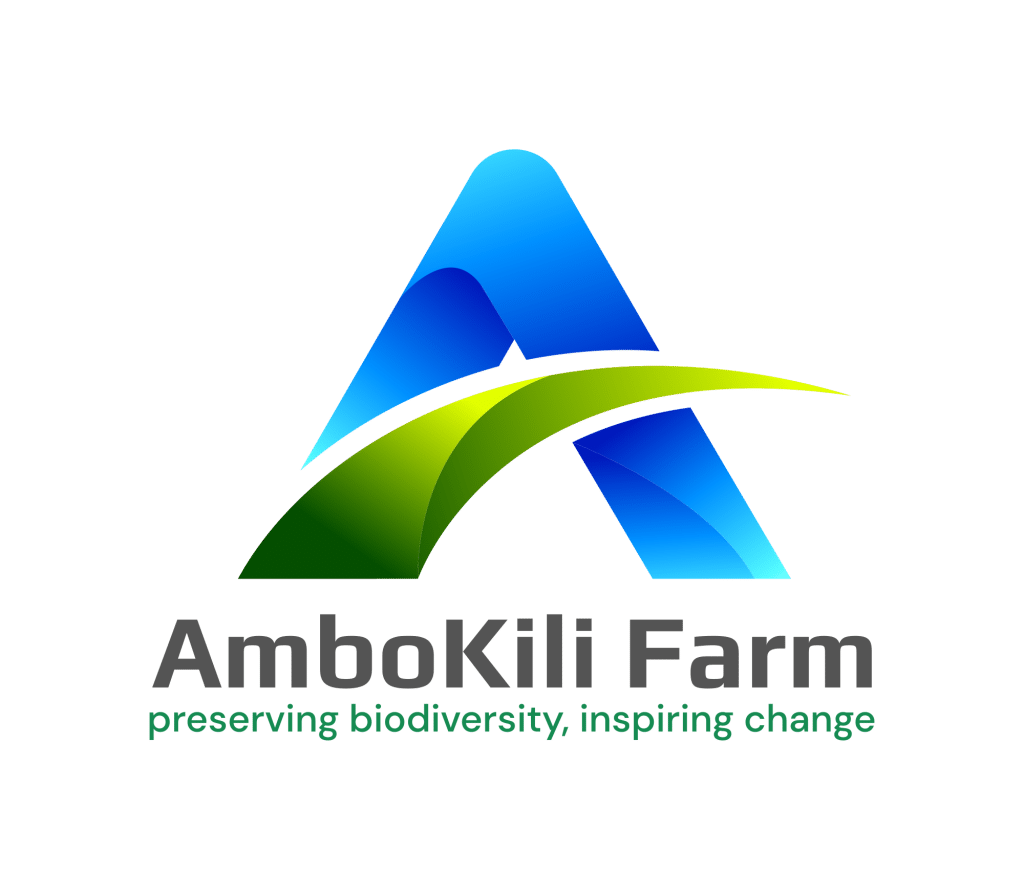

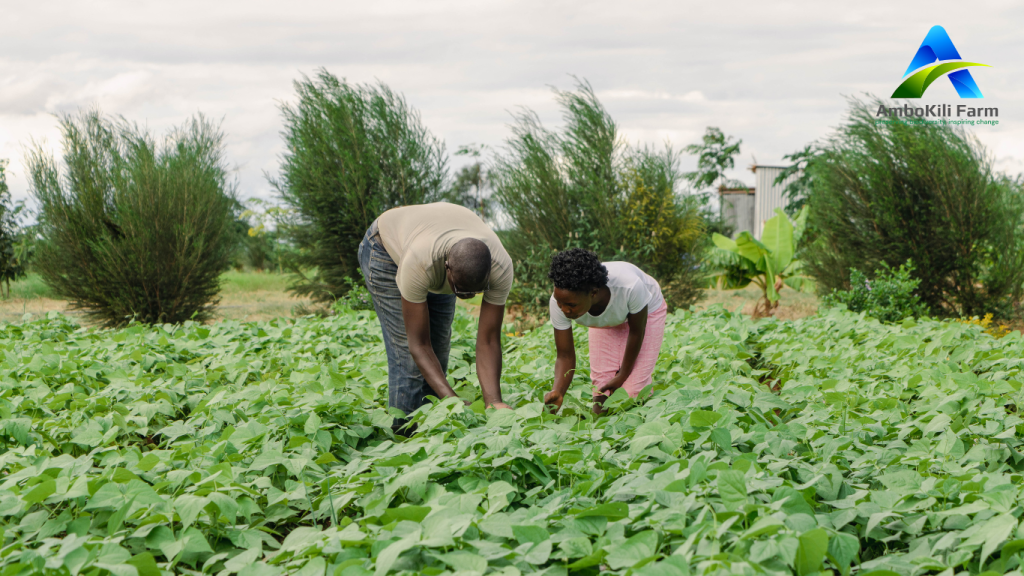
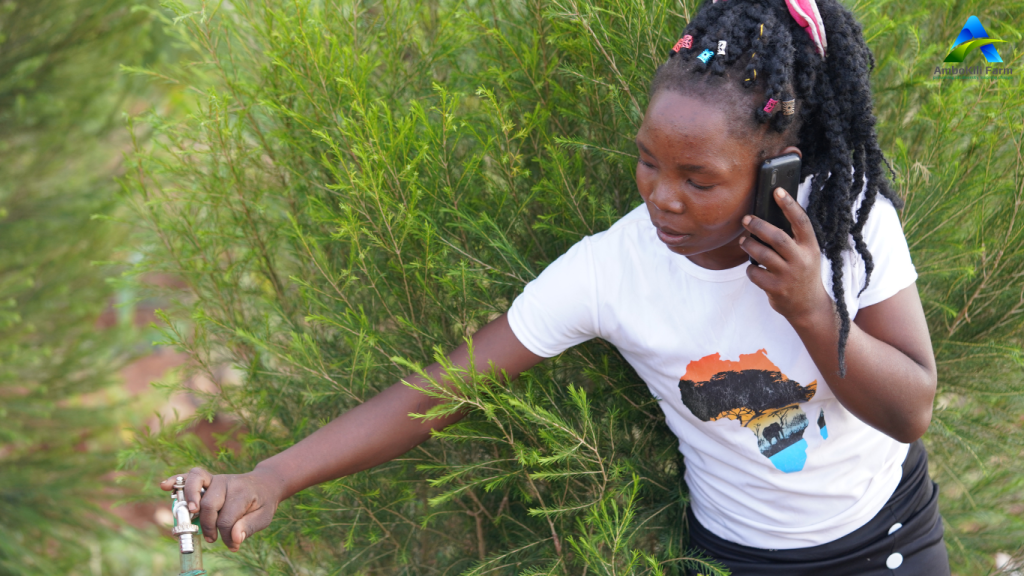
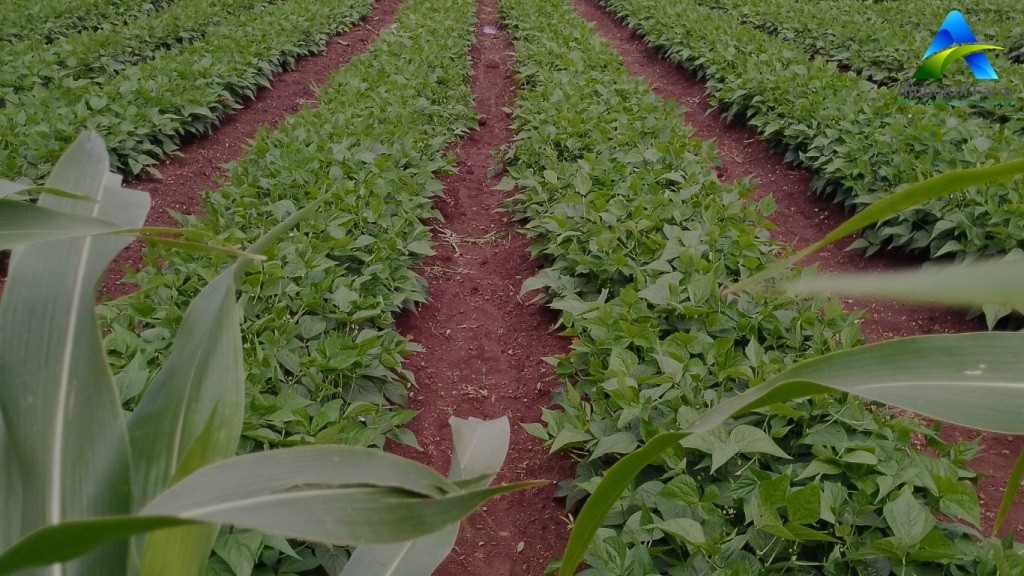
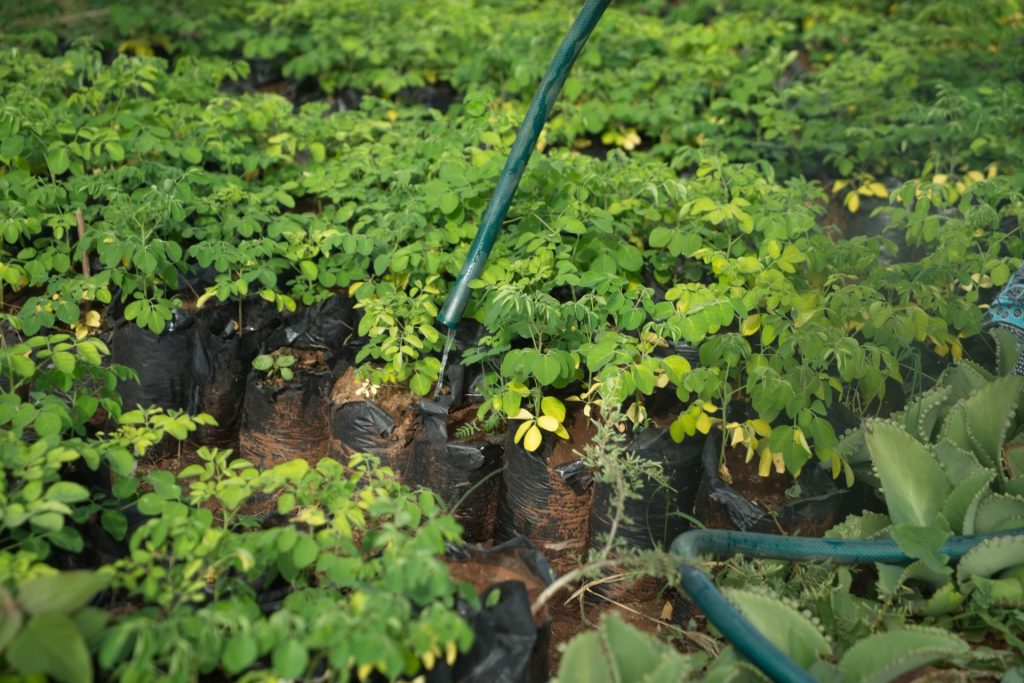

8 Responses
Fantastic beat I would like to apprentice while you amend your web site how could i subscribe for a blog site The account helped me a acceptable deal I had been a little bit acquainted of this your broadcast offered bright clear concept
We are currently working on that. You can check after sometime and you’ll be able to subscribe. In the meantime, feel free to follow us on social media- Instagram, LinkedIn and Facebook- our username on all platforms is Ambokili Farm. There you can interact with us, ask questions, give comments and continue learning more.
My brother suggested I might like this website He was totally right This post actually made my day You cannt imagine just how much time I had spent for this information Thanks
You are welcome and we’re glad to have provided the information you needed. Feel free to ask questions about any topic and our professionals and specialists will be happy to respond and help where it’s needed.
I was recommended this website by my cousin I am not sure whether this post is written by him as nobody else know such detailed about my difficulty You are wonderful Thanks
You’re welcome!
Temp mail I really like reading through a post that can make men and women think. Also, thank you for allowing me to comment!
The pleasure is all ours, you are most welcome.